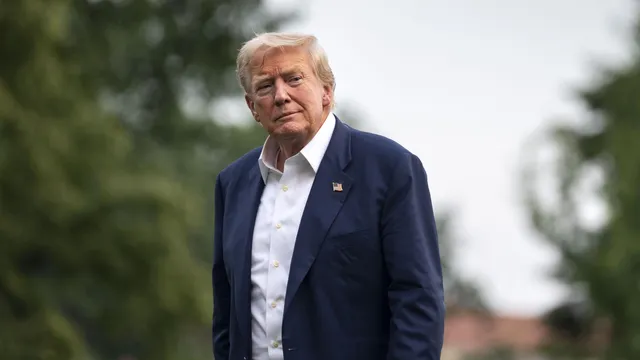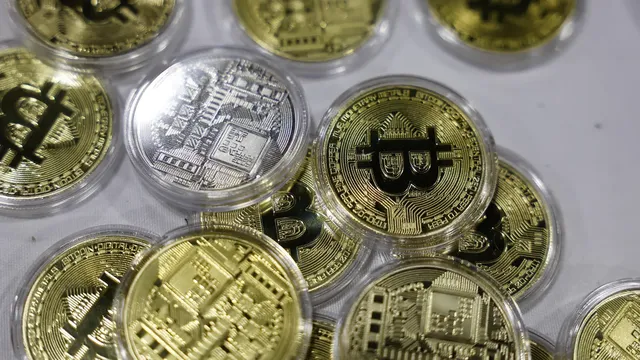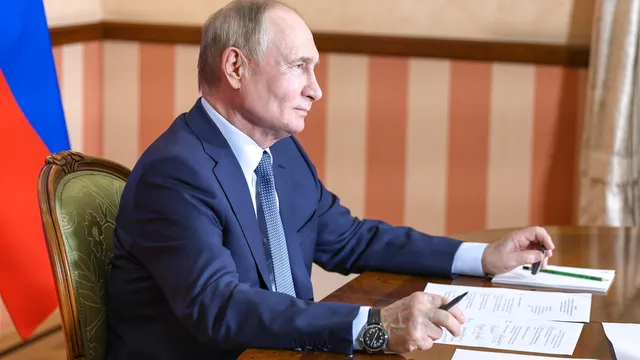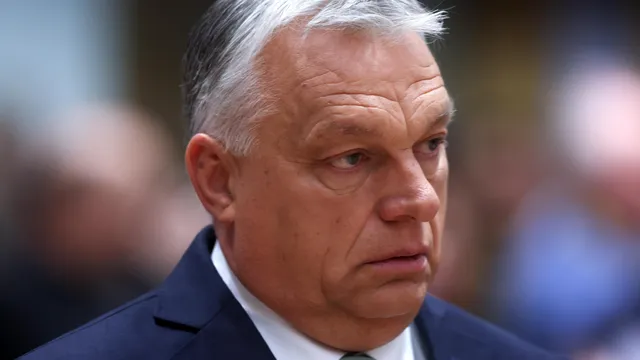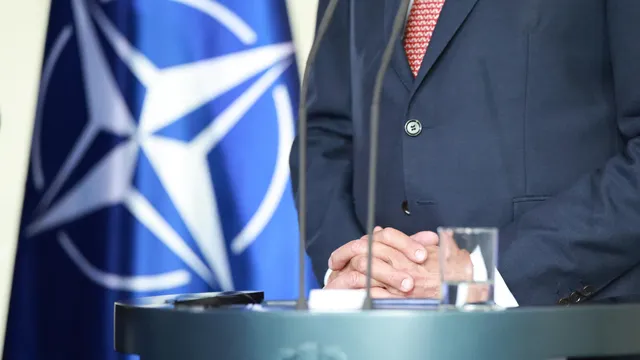Israeli Prime Minister Benjamin Netanyahu is a shrewd politician, but even he cannot weaken US President Donald Trump's connection to television. The two leaders are once again at odds over Gaza, this time because of warnings from human rights organizations about widespread starvation. Under intense international pressure, Netanyahu allowed some food aid into the region, but he insists that there is "no famine" in Gaza.
On July 28, before his meeting with UK Prime Minister Keir Starmer in Scotland, Trump was asked if he agreed with Netanyahu's assessment. "Based on television, I would say not really, because those kids look very hungry," Trump said. He later added, "This is real hunger. I see it, and you can't fake that."
Trump came to the right conclusion in a terrible way. As president, he has access to the most powerful intelligence network in the world, yet he is guided by what he sees on television. This helps him see the news from the same perspective as the general public, which has allowed him to achieve political success. But it also narrows his understanding and makes him highly susceptible to manipulation.
In this case, the evidence suggests that Trump is right. Cindy McCain, executive director of the UN World Food Programme, has been warning of a humanitarian catastrophe for months. According to the World Food Programme, one-third of Gaza's residents have not eaten for several days in a row.
Other organizations claim that Gaza is on the brink of starvation. The Israeli government defends its restriction of aid by claiming that Hamas is stealing food, but this does not absolve it of its responsibility to feed the civilian population caught up in the war. As Hussein Ibish recently wrote in The Atlantic, since May, over 1,000 Gazans may have been killed just trying to get food.
But Trump had nothing to say on the matter until it appeared in the media, where images of emaciated adults and children with distended bellies illustrate the situation more clearly than any statistics. The spread of videos and photos helped bring this story to the forefront, just as previous footage helped turn American opinion against the war in Gaza. Less than a quarter of Americans now believe that Israeli military actions are "completely justified."
Trump is more attuned to and responsive to these kinds of shifts in public opinion than he is to the substance of major events. I often think of the testimony of Hope Hicks, Trump's former press secretary, during the Manhattan trial related to hush money. Prosecutors asked Hicks how Trump reacted in 2016 when the Wall Street Journal reported on his alleged extramarital affair with Karen McDougal. Hicks couldn't remember, but added, "I don't want to speculate, but I'm pretty sure he would have asked me how it was going."
Now, as president, he sometimes approaches news events not as things he has control over, but simply as someone watching from his comfortable armchair with a remote control in his hand: opportunities for soundbites, not for making policy.
Trump's reverence for television is dangerously combined with his skepticism of anyone who represents independent expertise. "I know more about ISIS than the generals," he said in 2015. Former aides claim that he does not read or pay attention during briefings, and he is particularly distrustful of the intelligence community, to the extent that he has repeatedly taken Vladimir Putin's word as true instead of theirs. This means that despite having access to high-quality information about what is happening in Gaza, he only seems to take action after it is broadcast.
Such a narrow information flow is problematic because television is not a good source of information on its own; it should be consumed as part of a balanced information diet. This is especially true for the television channel that Trump seems to consume the most—Fox News.
Liberal researcher Matt Gertz has diligently documented the direct link between Fox News segments and Trump's tweets during his first term. Various studies over many years have found that Fox viewers are less informed than other news consumers.
Trump's dependence on television news is an easy target for anyone trying to influence him, as Hertz's research highlights. South Carolina Senator Lindsey Graham adopted a strategy of appearing on television to try to convey his messages to Trump. "Did you convey this to the president personally?" a host once asked him during an interview. "I just did," Graham replied.
Politicians seeking Trump's support have also tried to use television. House Representative Thomas Massie, a Republican from Kentucky, ran ads in Florida when he was preparing for re-election in 2020 so that Trump would see them. Trump's opponents, seeking to harass him, did the same.
The fact that the president can be so easily persuaded is disturbing enough in itself and helps explain the political turmoil during his two terms in office. But it is particularly dangerous in the age of disinformation. In 2017, I wrote about how Trump's tendency to believe fake news could get him into trouble. Eight years later, Trump has a White House staff that is not so interested in saving him from himself, and technology has advanced to the point where it allows for extremely convincing and realistic fakes.
Trump's naive belief that what you see on television "can't be faked" is belied by the many tearful but fake images of artificial intelligence circulating on Facebook. When it comes to Gaza, he has access to much more reliable evidence and warnings from human rights experts, but they don't seem to get through to him.
News coverage isn't the only obsession shaping or distorting the administration's approach to Gaza. The president's tendency to view almost everything as a potential real estate deal inspired his bizarre proposal to clear the Gaza Strip and turn it into a luxury beach resort — the "Middle East Riviera." And his poorly concealed obsession with winning the Nobel Peace Prize seems to drive many of his decisions in the region. An added bonus is that the Nobel Prize would look good in the news.
Even when television news shapes Trump's worldview, his worldview shapes the form of television news. After years of working to dominate the news, Trump now wants to control it directly, as he and Federal Communications Commission Chairman Brendan Carr seek unprecedented control over television operators such as CBS.
Trump once considered creating his own television network, but instead, he and the country's largest television operators could create a closed loop in which Trump receives advice from channels that do what he says. Who needs facts when you can construct your own reality? | BGNES
-----
An analysis by David A. Graham for The Atlantic

 Breaking news
Breaking news
 Europe
Europe
 Bulgaria
Bulgaria
